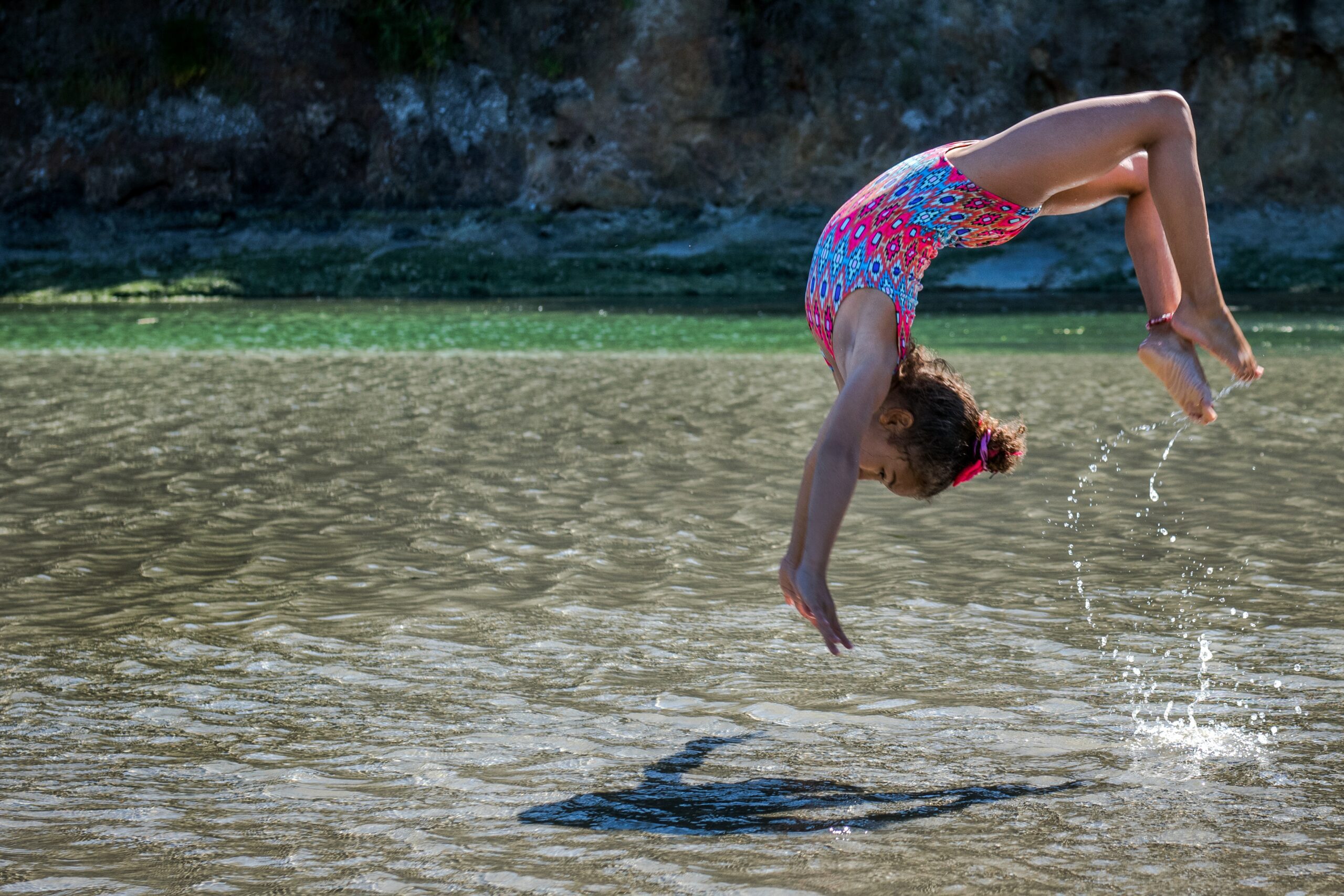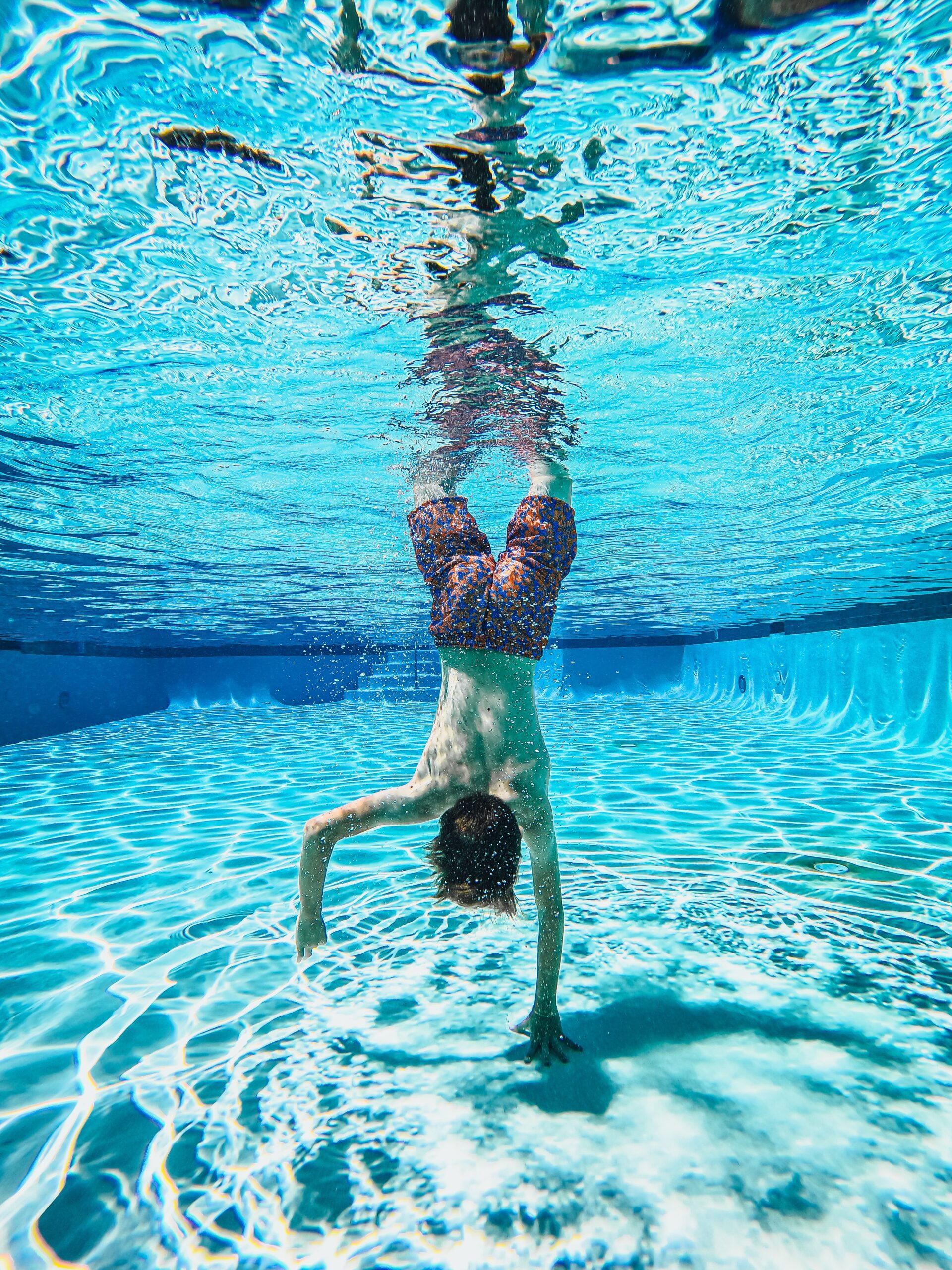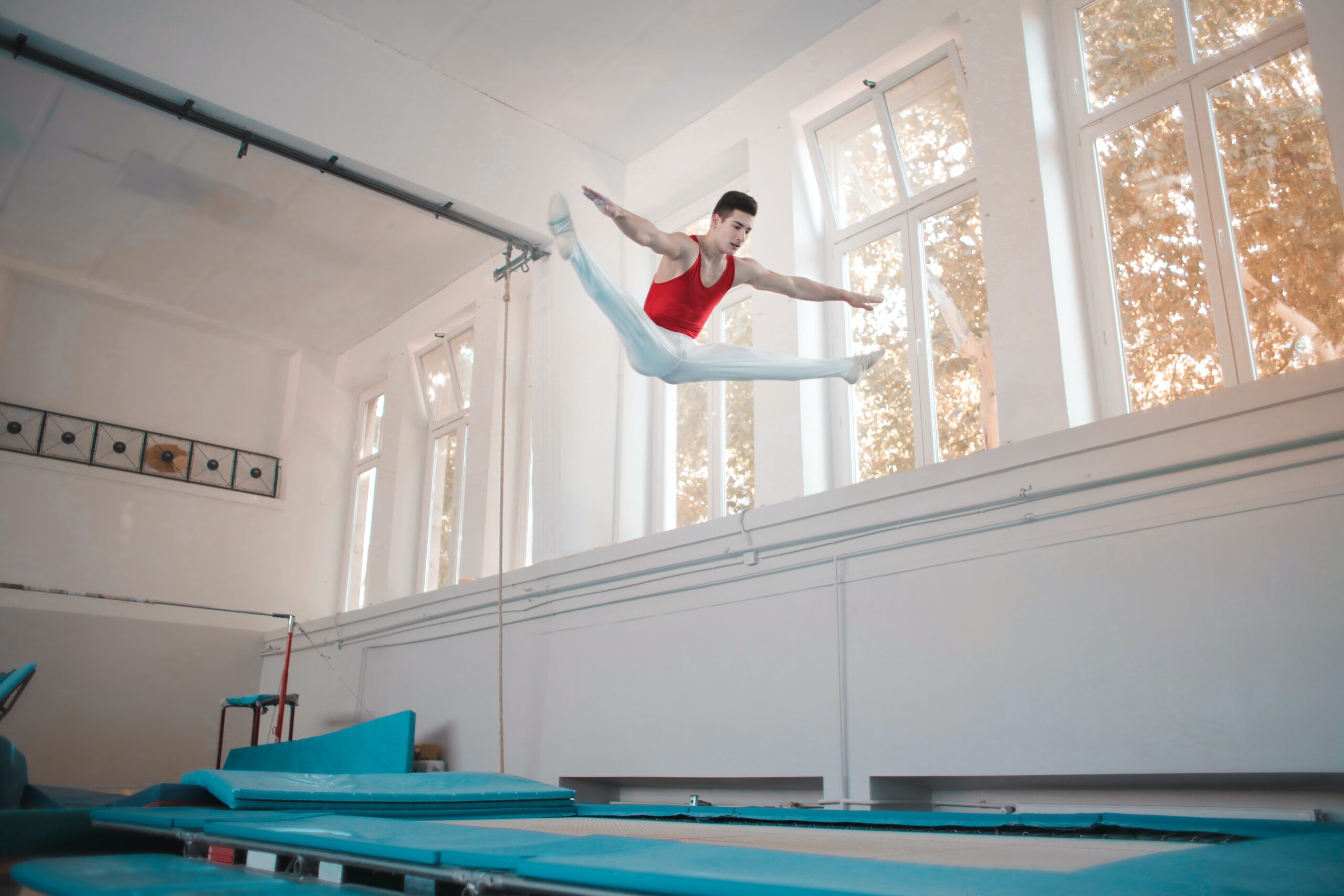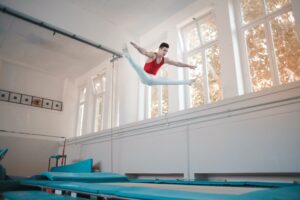
Ideal ages to start each sport:
This summary below provides a comprehensive overview of the ideal ages to start training and specializing in various sports, as well as the advantages each sport offers.
Athletics
Sprint
– Advantages: Enhances speed, agility, and cardiovascular health.
– Ideal Starting Age: Training: 10-12 years, Specialization: 14-16 years.
Middle-Distance Running
– Advantages: Improves endurance, stamina, and cardiovascular health.
– Ideal Starting Age: Training: 13-14 years, Specialization: 16-17 years.
Long-Distance Running
– Advantages: Increases endurance, mental toughness, and cardiovascular health.
– Ideal Starting Age: Training: 14-16 years, Specialization: 17-20 years.
High Jump
– Advantages: Enhances leg strength, coordination, and flexibility.
– Ideal Starting Age: Training: 12-14 years, Specialization: 16-18 years.
Triple Jump
– Advantages: Improves leg strength, coordination, and technique.
– Ideal Starting Age: Training: 12-14 years, Specialization: 17-19 years.
Long Jump
– Advantages: Boosts leg strength, speed, and coordination.
– Ideal Starting Age: Training: 12-14 years, Specialization: 17-19 years.
Throwing Events
– Advantages: Enhances upper body strength, coordination, and power.
– Ideal Starting Age: Training: 14-15 years, Specialization: 17-19 years.
Rowing
– Advantages: Builds overall strength, cardiovascular fitness, and teamwork.
– Ideal Starting Age: Training: 11-14 years, Specialization: 16-18 years.
Other Sports
Equestrian
– Advantages: Develops balance, coordination, and a bond with animals.
– Ideal Starting Age: Training: 10-12 years, Specialization: 14-16 years.
Fencing
– Advantages: Enhances reflexes, strategy, and coordination.
– Ideal Starting Age: Training: 10-12 years, Specialization: 14-16 years.
Football (Soccer)
– Advantages: Improves teamwork, coordination, and cardiovascular health.
– Ideal Starting Age: Training: 10-12 years, Specialization: 14-16 years.
American Football
– Advantages: Builds strength, teamwork, and strategic thinking.
– Ideal Starting Age: Training: 12-14 years, Specialization: 16-18 years.
Gymnastics
– Advantages: Enhances flexibility, strength, and coordination.
– Ideal Starting Age:
– Women: Training: 6-8 years, Specialization: 9-10 years.
– Men: Training: 8-9 years, Specialization: 14-15 years.
Handball
– Advantages: Boosts agility, teamwork, and cardiovascular fitness.
– Ideal Starting Age: Training: 10-12 years, Specialization: 14-15 years.
Weightlifting
– Advantages: Increases strength, power, and technique.
– Ideal Starting Age: Training: 14-15 years, Specialization: 17-18 years.
Field Hockey
– Advantages: Enhances coordination, teamwork, and cardiovascular health.
– Ideal Starting Age: Training: 11-13 years, Specialization: 14-16 years.
Ice Hockey
– Advantages: Improves coordination, balance, and teamwork.
– Ideal Starting Age: Training: 6-8 years, Specialization: 13-14 years.
Judo
– Advantages: Builds strength, discipline, and self-defense skills.
– Ideal Starting Age: Training: 8-10 years, Specialization: 15-16 years.
Wrestling
– Advantages: Enhances strength, endurance, and technique.
– Ideal Starting Age: Training: 11-13 years, Specialization: 17-19 years.
Swimming
– Advantages: Improves cardiovascular health, strength, and technique.
– Ideal Starting Age: Training: 7-9 years, Specialization: 11-13 years.
Synchronized Swimming
– Advantages: Enhances coordination, strength, and artistic expression.
– Ideal Starting Age: Training: 6-8 years, Specialization: 12-14 years.
Figure Skating
– Advantages: Improves balance, coordination, and artistry.
– Ideal Starting Age: Training: 6-8 years, Specialization: 11-13 years.
Speed Skating
– Advantages: Enhances speed, technique, and endurance.
– Ideal Starting Age: Training: 10-12 years, Specialization: 15-16 years.
Modern Pentathlon
– Advantages: Develops diverse athletic skills including running, swimming, and fencing.
– Ideal Starting Age: Training: 11-13 years, Specialization: 14-16 years.
Diving
– Advantages: Enhances body control, strength, and coordination.
– Ideal Starting Age: Training: 6-8 years, Specialization: 9-11 years.
Rugby
– Advantages: Builds strength, teamwork, and strategic thinking.
– Ideal Starting Age: Training: 13-14 years, Specialization: 16-17 years.
Skiing
– Advantages: Enhances balance, strength, and endurance.
– Ideal Starting Age:
– Alpine: Training: 7-8 years, Specialization: 12-14 years.
– Cross-country: Training: 12-14 years, Specialization: 16-18 years.
– >30km: Training: 17-19 years, Specialization: 19-21 years.
– Ski Jumping: Training: 10-12 years, Specialization: 14-15 years.
Squash
– Advantages: Improves agility, strategy, and cardiovascular fitness.
– Ideal Starting Age: Training: 10-12 years, Specialization: 15-17 years.
Tennis
– Advantages: Enhances agility, coordination, and strategy.
– Ideal Starting Age: Training: 7-8 years, Specialization: 11-13 years.
Table Tennis
– Advantages: Boosts reflexes, coordination, and strategic thinking.
– Ideal Starting Age: Training: 8-9 years, Specialization: 13-14 years.
Shooting
– Advantages: Improves concentration, precision, and control.
– Ideal Starting Age: Training: 12-15 years, Specialization: 17-18 years.
Archery
– Advantages: Enhances focus, coordination, and upper body strength.
– Ideal Starting Age: Training: 12-14 years, Specialization: 16-18 years.
Sailing
– Advantages: Develops strategy, teamwork, and physical endurance.
– Ideal Starting Age: Training: 10-12 years, Specialization: 14-16 years.
Volleyball
– Advantages: Builds teamwork, agility, and coordination.
– Ideal Starting Age: Training: 10-12 years, Specialization: 15-16 years.
Water Polo
– Advantages: Enhances swimming skills, teamwork, and endurance.
– Ideal Starting Age: Training: 10-12 years, Specialization: 16-17 years.
Additional Sports
Badminton
– Advantages: Improves reflexes, agility, and cardiovascular health.
– Ideal Starting Age: Training: 10-12 years, Specialization: 14-16 years.
Baseball
– Advantages: Builds coordination, teamwork, and strategic thinking.
– Ideal Starting Age: Training: 10-12 years, Specialization: 15-16 years.
Basketball
– Advantages: Enhances agility, coordination, and teamwork.
– Ideal Starting Age: Training: 10-12 years, Specialization: 14-16 years.
Biathlon
– Advantages: Combines endurance, precision, and skiing skills.
– Ideal Starting Age: Training: 10-12 years, Specialization: 16-17 years.
Bobsleigh
– Advantages: Develops strength, teamwork, and coordination.
– Ideal Starting Age: Training: 12-14 years, Specialization: 17-18 years.
Boxing
– Advantages: Builds strength, agility, and self-defense skills.
– Ideal Starting Age: Training: 13-15 years, Specialization: 16-17 years.
Canoeing/Kayaking
– Advantages: Enhances upper body strength, coordination, and endurance.
– Ideal Starting Age: Training: 12-14 years, Specialization: 15-16 years.
Cycling
– Advantages: Improves cardiovascular health, endurance, and strength.
– Ideal Starting Age: Training: 12-15 years, Specialization: 16-18 years.
Chess
– Advantages: Develops strategic thinking, concentration, and problem-solving skills.
– Ideal Starting Age: Training: 7-8 years, Specialization: 12-15 years.











